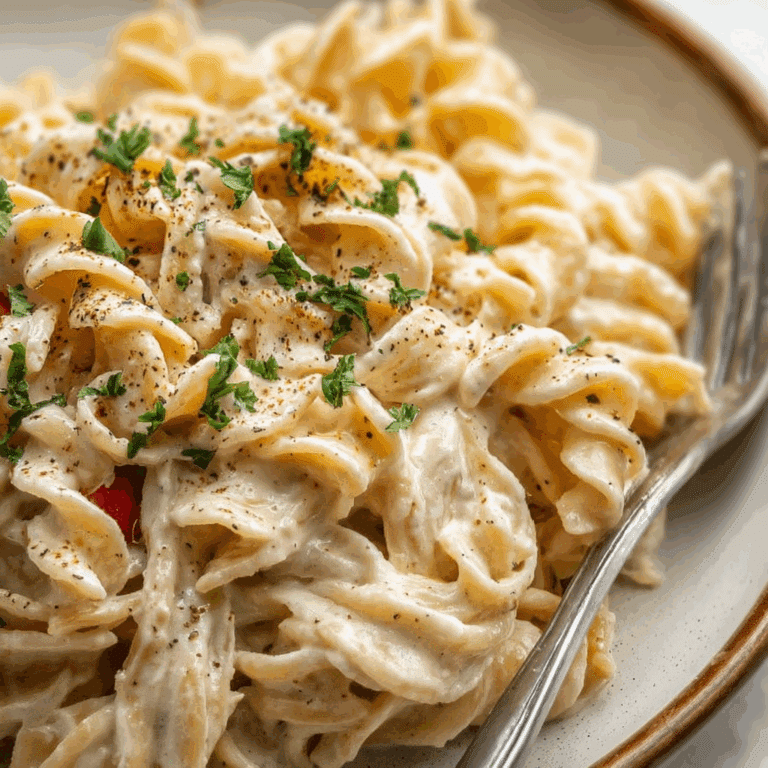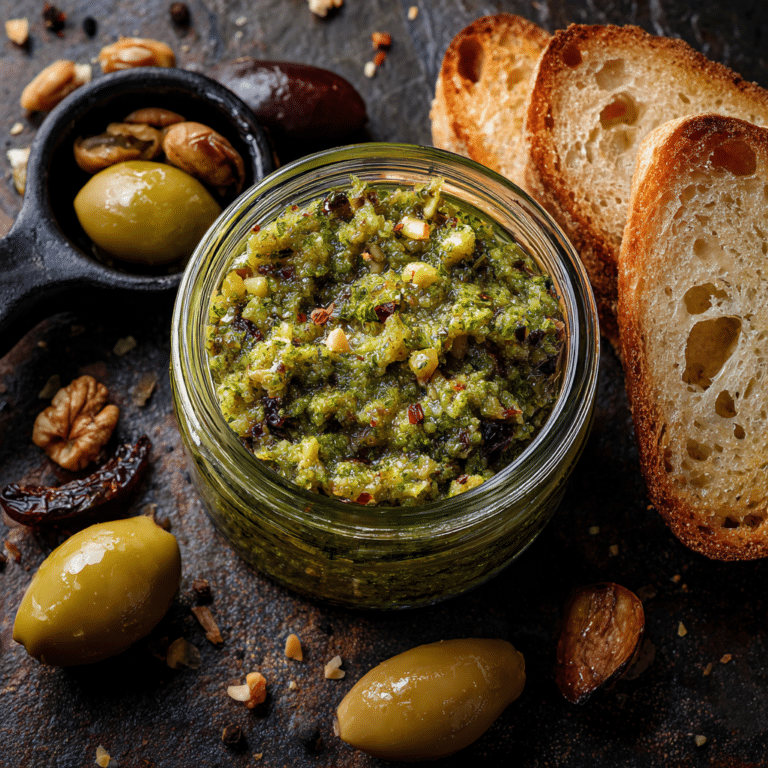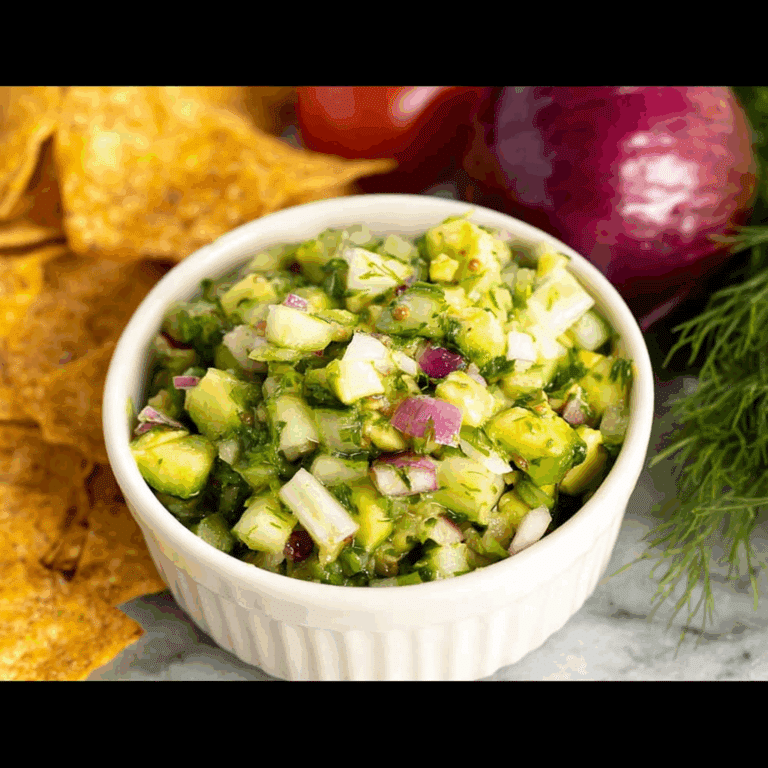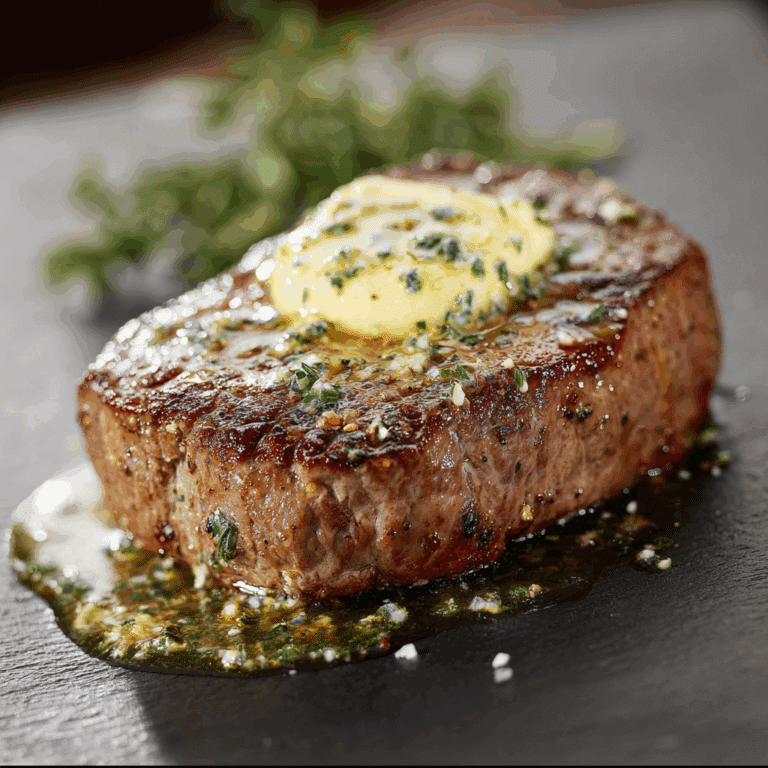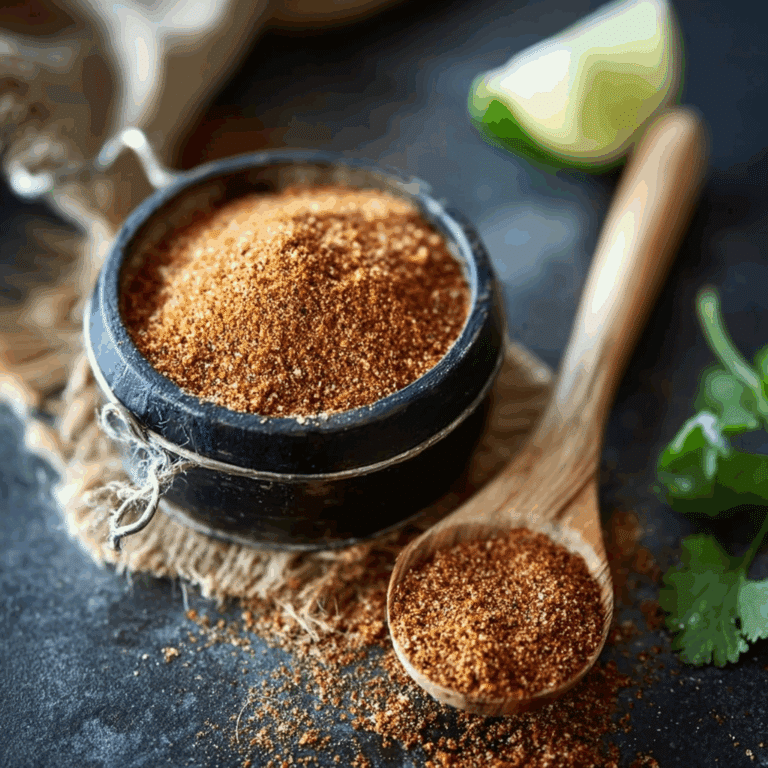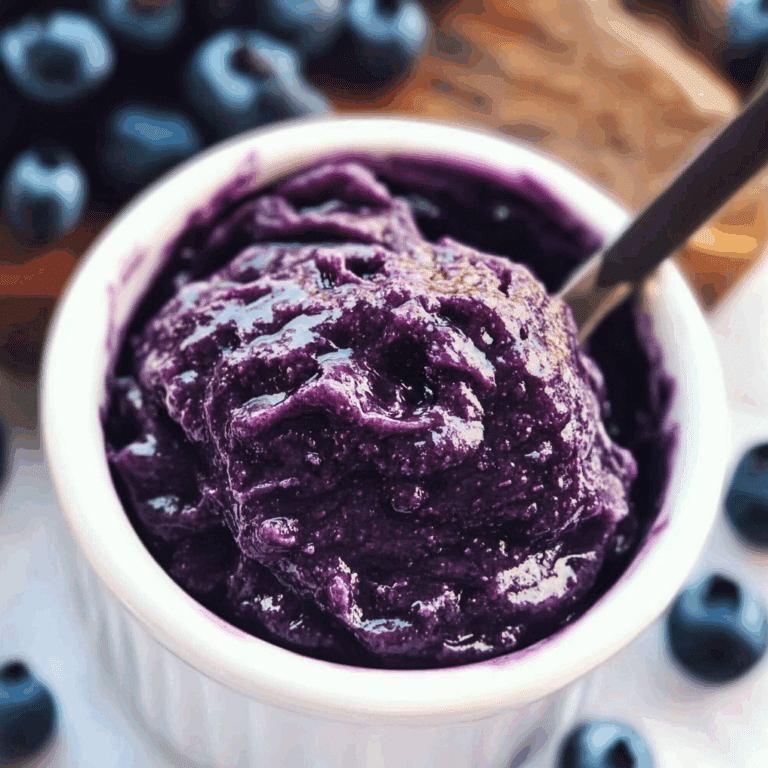Lemon Sauce: Brighten Your Dishes with This Zesty Recipe
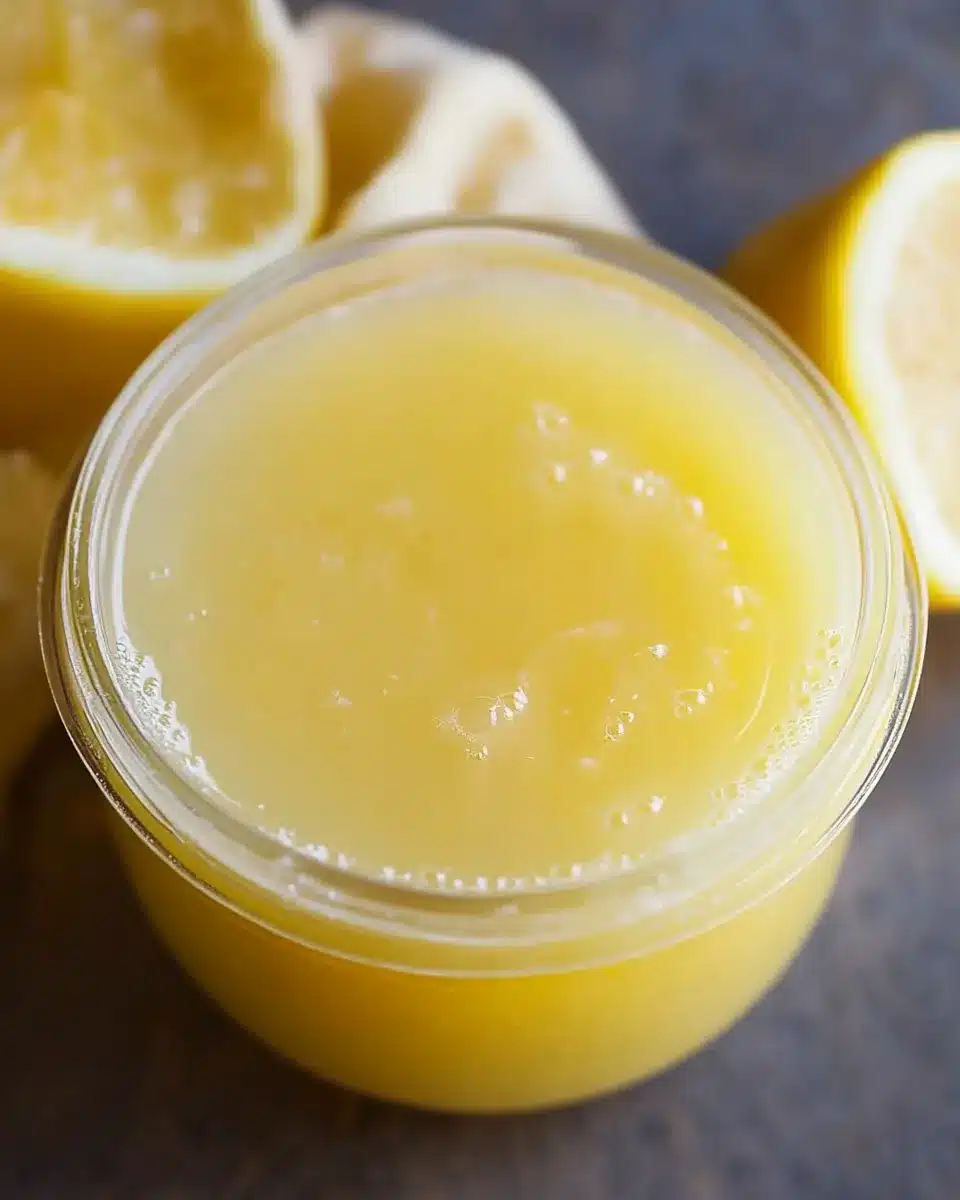
Lemon sauce is a versatile culinary delight that can elevate a wide array of dishes, from grilled fish to fresh vegetables and beyond. Its vibrant tanginess and bright citrus flavor make it an essential addition to your kitchen repertoire. Whether you’re drizzling it over a simple pasta dish or using it as a marinade, this sauce can bring a zesty twist to your meals.
Variations abound! Consider infusing your sauce with fresh herbs, garlic, or even a hint of chili for a spicy kick. For those with a sweet tooth, a touch of honey or maple syrup can turn this sauce into a luscious glaze for desserts.
To achieve the perfect balance, remember to taste as you go—finding the ideal mix of acidity and sweetness is key. With just a few simple ingredients, you can whip up a homemade version that will impress and delight your family and friends. Let’s dive into how to create this zesty sauce that will brighten your culinary adventures!
Ingredients for Lemon Sauce:
To create a refreshing and vibrant lemon sauce that serves 8 to 10 people, gather the following high-quality ingredients. This bright sauce can elevate various dishes, from seafood to desserts.
Citrus Base
- 1 cup fresh lemon juice (approximately 4-6 lemons, depending on size and juiciness)
- 1 tablespoon lemon zest (from about 1 medium lemon; this adds a punch of flavor)
Sweetener
- 1/2 cup granulated sugar (adjust sweetness to taste; can substitute with honey or agave syrup for a different flavor)
- 1/4 cup packed brown sugar (optional, for a deeper caramel note)
Thickening Ingredients
- 3 tablespoons cornstarch (to thicken the sauce; can substitute with arrowroot powder for a gluten-free option)
- 1/2 cup cold water (to dissolve the cornstarch and create a smooth sauce)
Flavor Enhancers
- 1/4 teaspoon salt (to balance the flavors; adjust as needed)
- 1/2 teaspoon vanilla extract (optional, lends a hint of warmth; use pure extract for best flavor)
Optional Garnishes and Variations
- 1 tablespoon fresh herbs (like basil or parsley, finely chopped, can be added for a herbal twist)
- Pinch of crushed red pepper flakes (adds a subtle heat if desired)
- 1-2 tablespoons of unsalted butter (for a richer mouthfeel, dubbed ‘lemon beurre sauce’)
These ingredients combine to create a wonderfully bright sauce that’s versatile and easy to prepare. The fresh lemon juice provides a tartness that pairs beautifully with a variety of foods, while the right sweeteners and flavor enhancers help achieve the perfect balance. Don’t hesitate to experiment with these ingredients to discover your ideal lemon sauce.
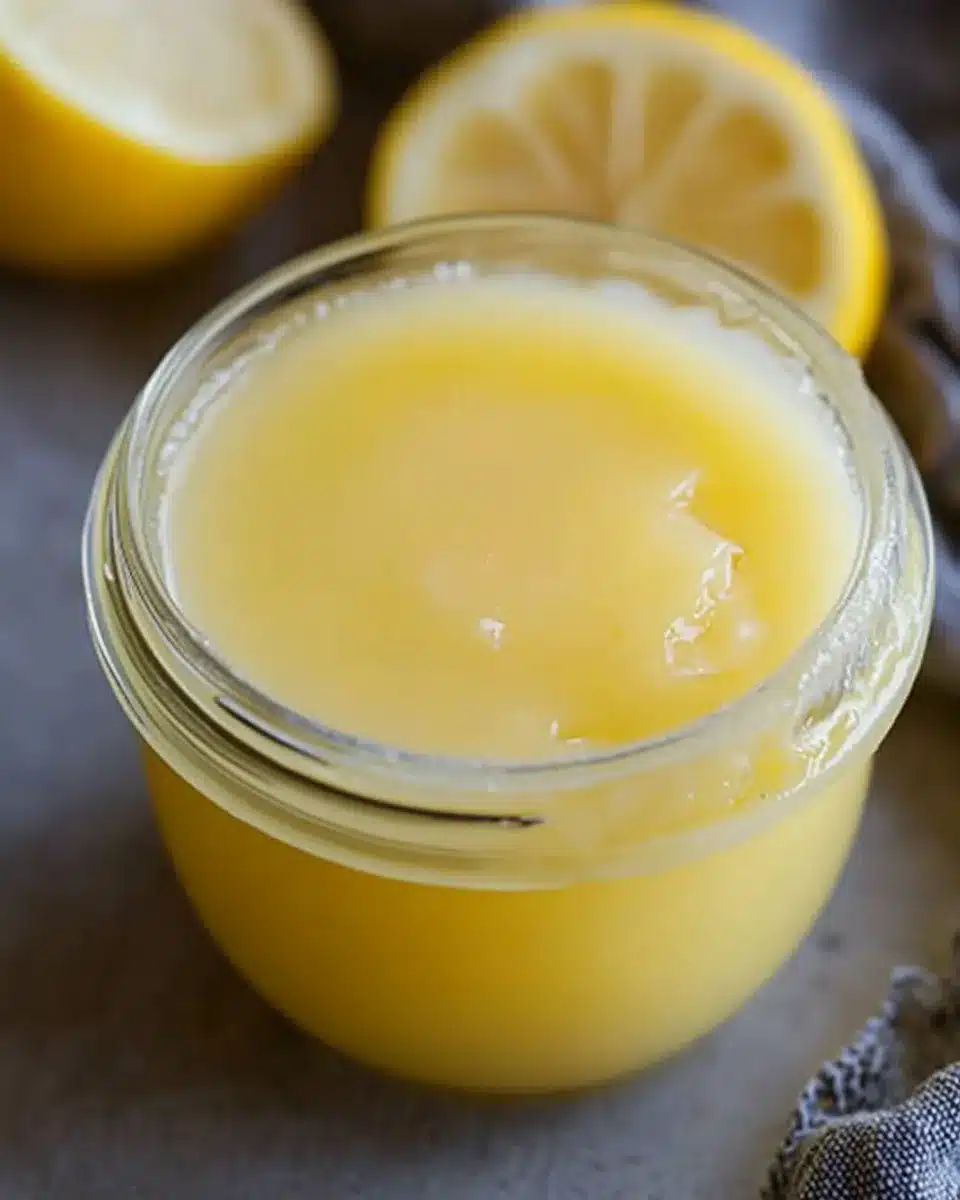
How to prepare Lemon Sauce:
Preparing a vibrant lemon sauce is a straightforward process that adds zest to various dishes. Follow these steps to create a delightful sauce that enhances your meals.
Gather Your Ingredients
Start by collecting all the necessary ingredients for your lemon sauce. You will need:
- 1 cup of freshly squeezed lemon juice
- 1 cup of water
- 1 cup of granulated sugar
- 2 tablespoons of cornstarch
- 2 tablespoons of cold water
- 1 teaspoon of lemon zest
- Pinch of salt
Combine Lemon Juice and Sugar
In a medium saucepan, pour in the freshly squeezed lemon juice. Then, add the granulated sugar to the saucepan. Stir these ingredients together until the sugar begins to dissolve.
Add Water and Salt
Next, measure out one cup of water and pour it into the saucepan. Sprinkle a pinch of salt into the mixture to enhance the flavors. Stir the mixture gently to ensure all ingredients are well combined.
Heat the Mixture
Place the saucepan over medium heat. Continuously stir the mixture while it heats up to prevent any sugar from sticking to the bottom. Allow it to come to a gentle boil, which activates the flavors.
Prepare the Cornstarch Slurry
While the sauce is heating, in a small bowl, combine 2 tablespoons of cornstarch with 2 tablespoons of cold water. Stir well until the mixture forms a smooth slurry. This will help thicken your sauce.
Thicken the Sauce
Once the lemon mixture begins to boil, slowly whisk in the cornstarch slurry. Keep stirring as you pour it in to avoid lumps. Continue to cook for another 2-3 minutes, until the sauce thickens and becomes glossy.
Add Lemon Zest
After the desired thickness is achieved, remove the saucepan from heat. Stir in the lemon zest for an added burst of flavor. This will enhance the sauce’s aroma and brightness.
Cool and Serve
Allow the lemon sauce to cool before transferring it to a serving container. You can use it right away or store it in the refrigerator for up to a week. Serve it with your choice of dishes for a zesty enhancement.
Tips for the Perfect Lemon Sauce
Creating a delightful lemon sauce requires attention to detail. Follow these tips to achieve sauce perfection every time.
Maintain the Right Temperature
Temperature control is crucial when making lemon sauce. Start by combining the ingredients over medium heat. This allows for even cooking without burning. Stir frequently to prevent the sauce from sticking to the bottom of the pan. If the sauce begins to simmer too aggressively, reduce the heat. A gentle simmer will result in a smoother texture and prevent curdling.
Choose Quality Ingredients
Using fresh, high-quality ingredients can elevate your sauce dramatically. Select fresh lemons for juicing; avoid bottled lemon juice as it can have a different taste. For sweetening, opt for natural sweeteners like honey or agave syrup if you want to keep the flavor pure. Fresh herbs, if added, should be well-chopped and vibrant. Each component plays a key role, so invest in your ingredients for the best results.
Adapt for Dietary Restrictions
If you have guests with dietary restrictions, consider suitable substitutions. For a vegan version, replace butter with olive or coconut oil. If you’re avoiding gluten, this sauce is naturally gluten-free, but always check for cross-contamination if you’re serving a gluten-sensitive individual. For those on a low-sugar diet, experiment with sugar-free alternatives, bearing in mind that these may alter the flavor slightly.
Experiment with Flavors
Lemon sauce is versatile! While classic flavors are great, you can also add a twist. Consider incorporating a splash of white wine for depth or a pinch of red pepper flakes for heat. A dash of capers can introduce a briny nuance, perfect for seafood dishes. Remember to adjust the sweetness based on the flavors you add, ensuring a balanced sauce.
Serving Suggestions
Think about how you’ll use your sauce. Drizzle it over grilled chicken or seafood for a burst of flavor. You can also use it as a dressing for salads or vegetables, enhancing their natural properties. Always taste the sauce before serving to check if you need additional seasoning or sweetness.
By following these tips, you will master a delicious and versatile lemon sauce that can complement various dishes.
Storage Tips for Lemon Sauce:
Keeping your lemon sauce fresh and tasty requires proper storage methods. Follow these practical tips to maintain its quality.
Optimal Containers for Freshness
Choose an airtight container to store your lemon sauce. Glass jars or plastic containers with tight-fitting lids work well. Ensure the container is clean and completely dry before pouring the sauce inside. This prevents contamination and helps extend the shelf life.
Ideal Temperature for Storage
Store lemon sauce in the refrigerator to maintain its freshness. The cold environment slows down spoilage and preserves the flavor. Avoid leaving it out at room temperature for extended periods, as this can lead to rapid degradation.
Duration for Freshness
When stored correctly in the refrigerator, lemon sauce can last for about one to two weeks. Check for any changes in color, smell, or texture before using. If you notice any signs of spoilage, discard the sauce immediately.
Freezing for Long-term Storage
If you want to store lemon sauce for a longer period, consider freezing it. Pour the sauce into freezer-safe containers or ice cube trays. Allow some space at the top of the container for expansion. Once frozen, transfer cubes to a zip-top bag for efficient storage. In the freezer, lemon sauce can last for up to three months.
Thawing Frozen Sauce
To use frozen lemon sauce, thaw it in the refrigerator overnight. Never refreeze thawed sauce, as this can affect its quality. Alternatively, you can warm the sauce gently in a saucepan over low heat. Stir occasionally for even warming.
Using Fresh Lemon Juice
If you make your sauce with fresh lemon juice, remember that the acidity can decrease over time. Always taste before using to ensure the flavor meets your expectations. A fresh lemon flavor enhances dishes, so enjoy your sauce while it’s still vibrant.
By following these storage tips, you will keep your sauce fresh and flavorful, ready to elevate your meals at any time!
Related Recipes to Enhance Your Lemon Sauce Experience
If you love the bright zing of lemon sauce, you’ll enjoy these complementary recipes that bring a similar freshness and flavor to your meals. Each one adds a unique twist that pairs beautifully with dishes enhanced by lemon sauce.
Garlic Herb Butter Sauce
This rich and aromatic sauce combines garlic with fresh herbs like parsley and thyme. The buttery flavor enhances the taste of many proteins, just as lemon sauce elevates your dishes. Use this sauce on grilled chicken or steamed vegetables for a delicious contrast to the brightness of citrus.
Creamy Alfredo Sauce
If you enjoy a flavor contrast to zesty sauces, a creamy Alfredo brings rich comfort to your pasta dishes. While lemon sauce brightens flavors, Alfredo adds a luscious texture that makes the meal more indulgent. Serve this sauce over fettuccine with a drizzle of lemon sauce for a delightful flavor balance.
Chimichurri Sauce
This Argentinian sauce showcases fresh herbs, garlic, and vinegar. It offers a vibrant, tangy flavor profile similar to lemon sauce. Pair chimichurri with grilled meats or roasted vegetables to create a fresh, herby dish that complements the citrus notes of lemon perfectly.
White Wine Reduction Sauce
A white wine reduction sauce incorporates acidity and depth, much like lemon sauce does. Perfect for fish or chicken, this sauce adds complexity to your meal. The sharp notes from the wine echo the zest of lemon, making both sauces ideal picks for light proteins.
Each of these recipes enriches your culinary repertoire while offering similar vibrant notes or comforting textures that enhance your dining experience.
Frequently Asked Questions:
What is Lemon Sauce typically used for?
Lemon sauce is a versatile condiment often used to enhance the flavor of various dishes. It pairs beautifully with seafood, chicken, and vegetables, providing a zesty and refreshing taste. Additionally, it can be drizzled over salads, used as a marinade, or even served as a dipping sauce. Its bright acidity makes it a popular choice for bringing out the natural flavors of ingredients, making ordinary meals feel extraordinary.
Can I make Lemon Sauce without sugar?
Absolutely! If you’re looking to create a healthier version, you can opt for sugar alternatives such as honey, maple syrup, or agave nectar. Alternatively, you can simply reduce the amount of sweetener or skip it altogether, balancing the acidity of the sauce with additional herbs or spices. This way, you can still enjoy a tangy sauce without added sugars, perfect for those mindful of their sugar intake.
How long can I store Lemon Sauce?
Homemade lemon condiment can typically be stored in an airtight container in the refrigerator for up to a week. It’s essential to note that the freshness of the ingredients you use will influence its longevity. If you notice any changes in color, texture, or smell, it’s best to discard it. For extended storage, consider freezing the sauce in ice cube trays for easy use later.
Is Lemon Sauce gluten-free?
Yes, most recipes for lemon sauce are naturally gluten-free, making them suitable for individuals with gluten sensitivities or celiac disease. Always double-check any added ingredients, especially if using pre-made products, to ensure they are free from gluten. Homemade versions are an excellent way to guarantee that you can enjoy this zesty condiment without concerns.
Can I substitute fresh lemons for bottled lemon juice?
While bottled lemon juice offers convenience, using fresh lemons is always recommended for the best flavor. Freshly squeezed juice contains more vibrant acidity and essential oils from the zest, which enhance the depth of the sauce. If you must use bottled juice, look for one that is 100% pure and without additives to replicate a fresher taste as closely as possible.
Are there variations of Lemon Sauce I can try?
Certainly! There are numerous ways to customize this citrusy condiment. You can experiment with adding different herbs such as dill, parsley, or basil for an herby twist. Incorporating garlic or shallots can also deepen the flavor profile. For those who enjoy a spicy kick, a pinch of red pepper flakes can elevate the sauce, making it uniquely your own!
Conclusion:
Lemon sauce is a versatile and refreshing accompaniment that elevates a variety of dishes. This simple recipe emphasizes the beauty of fresh ingredients while allowing for personal flair through customization. By balancing the tartness of lemon with sweetness and savory elements, you can adapt the flavors to perfectly complement fish, grilled vegetables, or even pasta. The unique tips provided, such as adding herbs or spices, highlight the flexibility inherent to this sauce. With just a few ingredients, you can easily create a bright, zesty addition to your meals that pleases the palate. Embrace the simplicity of lemon sauce, and unleash your creativity in the kitchen, making it a staple that can be adjusted according to season or taste preferences. Whether you opt for a classic version or a more adventurous twist, lemon sauce can become your go-to recipe for enhancing flavors and delighting your guests.

